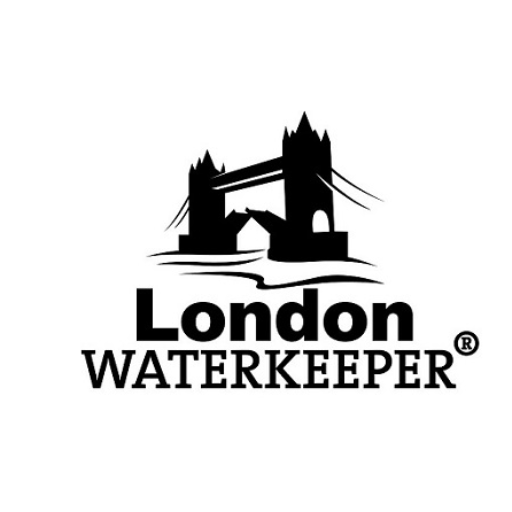Identifying pollution in water bodies can be challenging, but reporting it is crucial for environmental protection. If you frequent a river, lake, or pond, you likely have a good sense of its usual state. Reporting pollution is key to enforcement by the Environment Agency, helping discern whether it’s an isolated incident or a recurring problem. Unreported incidents contribute to increased environmental damage, and assuming someone else reported it may delay necessary action. Your reports make a significant difference.
How to Recognise Pollution:
Identifying pollution incidents can be challenging as they often go unnoticed. However, keeping an eye out for these key indicators:
- Unpleasant smells (sewage or others)
- Oil or substances on the water surface
- Distressed or dead fish and wildlife
What To Do:
You can now report a pollution incident in two different ways. The first option which is outlined below is to call the Environment Agency or Thames Water but you can now opt for a more interactive approach by reporting directly on the Thames Water website map here.
1) Call the Environment Agency as soon as you can on 0800 807060 (free). Give all the details you have. Make sure you ask for a reference number. This will allow you to get an update on the incident, and check whether the site was inspected etc. In general the Environment Agency won’t investigate a pollution incident unless they think it is serious. This is problematic as smaller but regular contamination will still cause damage (we want to see this change). If you are calling the EA for an update on your report dial 03708506506.
2) If you think it is sewage also call Thames Water on 0800 316 9800 (free). You will be asked – what you saw; when you saw it; where you saw it (including a postcode, road name or any local landmarks or features); whether sewage is entering a river or any other watercourse. Again, you can call back for an update.
If it has been raining there’s a chance that sewers will have overflowed. Sadly, some sewers are designed to spill to water bodies when it rains. Too much rain gets into the system and it can’t cope.
A blockage can be another cause, whether that’s a build-up of wet wipes, or fats. In some cases a fault in the pipes themselves can be to blame.
If you see pollution coming from a drain in dry weather the reason could be misconnected properties where waste pipes have been plumbed into drains that are meant only to carry rain to a local river.
To see examples of pollution incidents, click here.
To contact London Waterkeeper fill in the form below:
You can call London Waterkeeper on 07421 745 619
Our privacy policy.
If you have a complaint please email info@londonwaterkeeper.org.uk

